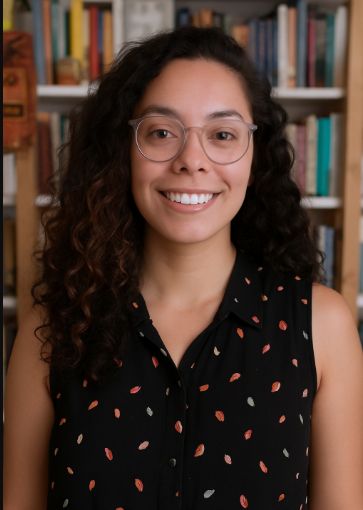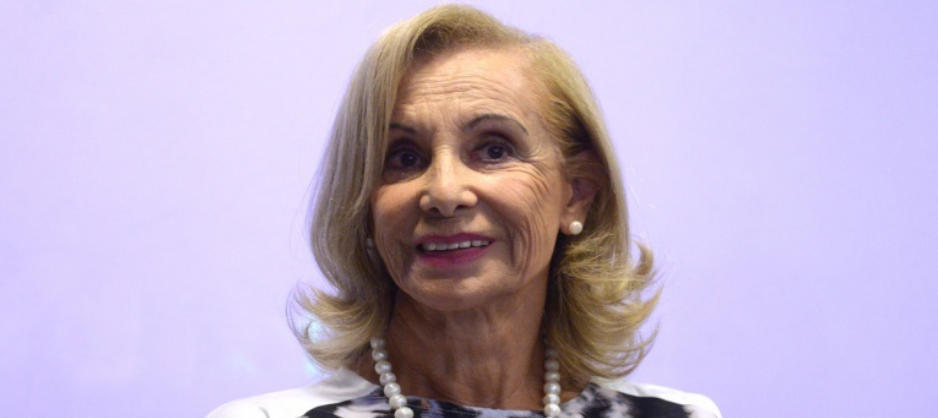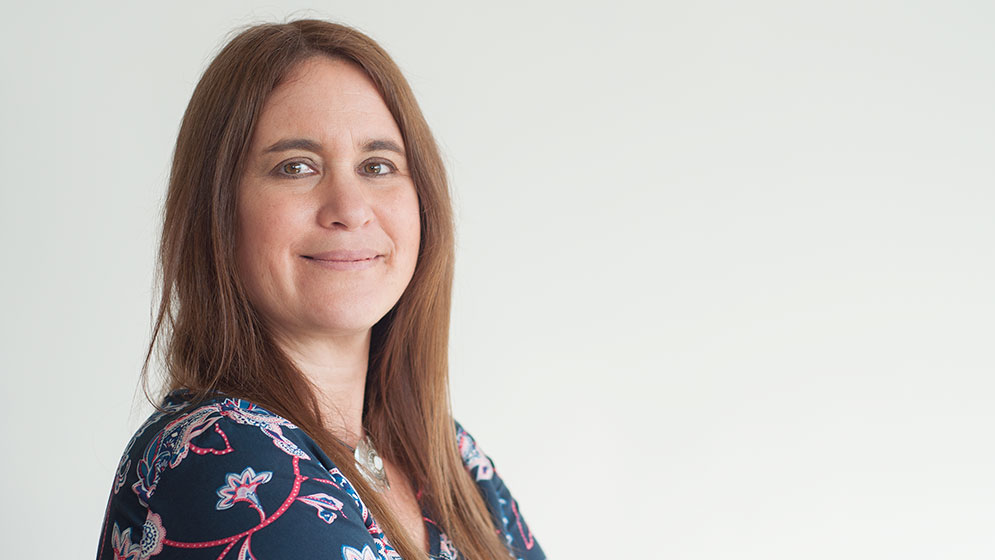Candela Rocío Heredia is an Argentine researcher who holds a Master’s degree in Social Anthropology from the Interdisciplinary School of Advanced Social Studies at the National University of San Martín, Argentina.
She also holds a degree in Social Work and continued her academic training in anthropological sciences through a PhD in Anthropology from the University of Buenos Aires.
In relation to her studies, Heredia focuses her research on anthropological and health sciences.
Heredia and Her Connection to Science
Heredia is part of the National Scientific and Technical Research Council (CONICET), having received a postdoctoral fellowship in the area of health and population.
CONICET is an Argentine institution dedicated to scientific and technological research across a broad range of disciplines, topics, and institutions throughout the country.
She is also a member of the Gino Germani Research Institute, which belongs to the Faculty of Social Sciences at the University of Buenos Aires.
The objectives of the institute include producing and promoting research related to social sciences, and contributing to the construction of a just and inclusive society.
Some of Heredia’s research is centered on social change, society, culture, labor studies, health, and population.
The Institute also promotes programs on culture, social inequality, social classes, and social conflict.
Within these scientific fields, Heredia draws on anthropology, sociology, and social communication for the development of her work.
Heredia’s Scientific Contributions
In her research, Heredia connects anthropology, social work, and human health, particularly focusing on non-endemic diseases.
Her work centers on vulnerable populations within the healthcare field, as well as the ethical dimensions of scientific research.
Heredia has authored and co-authored several publications on social work, ethnographic hospital studies, communication in the healthcare field, and various studies related to childhood cancer.
She addresses key topics such as child cancer as a leading cause of mortality, and explores the experiences associated with the various stages of the disease, including diagnosis and treatment.
She also analyzes how young patients perceive the illness, go through its different phases, and adopt medical treatments as part of their everyday routines.
Moreover, Heredia has contributed to book chapters on topics related to health and the inequality present in the healthcare system.
In the context of scientific events, she has presented work on the professional experiences of social workers during the COVID-19 pandemic.
Her anthropological and sociological research also covers health inequalities, the relationship between childhood illnesses and public health, and the professional environment of social workers.
Regarding the latter, Heredia explores issues such as the professionalization of social workers, gender-based research, working conditions, and job insecurity.
Anthropology and Health
Anthropology can be defined as the science that studies human beings from multiple perspectives.
Its main object of study is the human being, and it seeks to understand individual existence, interpersonal relationships, societies, and cultures.
This discipline plays a crucial role in understanding the field of health, including its social and political characteristics and its relation to society.
It addresses issues such as illness, care practices, and the processes associated with disease.
Medical anthropology is distinguished by its consideration of cultural, social, and political factors, in addition to biological ones, when conducting research in the field of health and illness.
From this interdisciplinary perspective—one that goes beyond biological factors to include social dimensions—Heredia conducts studies involving hospitals and, especially, children as patients.
Her research is guided by questions such as:
- What is the social value of medicine and how is it distributed?
- How can pain be studied as a scientific object?
- How is child death experienced and addressed in hospitals?
When it comes to research in health that integrates sociological and anthropological perspectives while taking into account social and cultural factors, Candela Rocío Heredia stands out as one of Argentina’s most notable researchers in the field.




